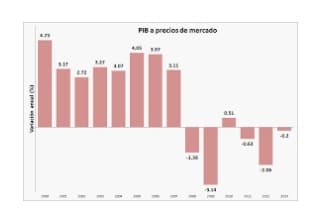VARIATION
The Latin word variatio came to Castilian as a variation . This is how the act and result of varying is called : changing, altering.

The concept has multiple uses according to the context. In the field of genetics , variation refers to the changes that occur in the genes of a species or population.
Genetic variation is linked to evolution . The alternative forms of genes located in the same position on homologous chromosomes are known as alleles , whose expression defines various traits. If there are many alleles for a gene, one can prevail over the others and thus natural selection occurs . Therefore, genetic variation contributes to the evolutionary process .
In the field of music , on the other hand, variation refers to an altered repetition within the framework of a composition . It is a technique that leads to reiterate, with alterations, a rhythm, a melody or another element throughout the work.
The main theme, thus, is imitated in subtopics. Those imitations are known as variations.
For mathematics , variations are subsets that have the same number of elements as the set in question, although with differences in order or in a certain element.
The idea of variation is also used in colloquial language to name a modification that makes it possible to make a thing appear different from what it was or what it usually is, transforming its characteristics, its shape, etc. It is also a registered change in something.
Suppose a person generally makes an apple pie from raisins (raisins). One afternoon, however, he decides to use prunes . This means that you have introduced a variation on the usual recipe .
Take the case of the Gross Domestic Product ( GDP ) of a country. The variation in GDP or GDP in the last decade, for example, shows how the data has changed over ten years.
Comments
Post a Comment